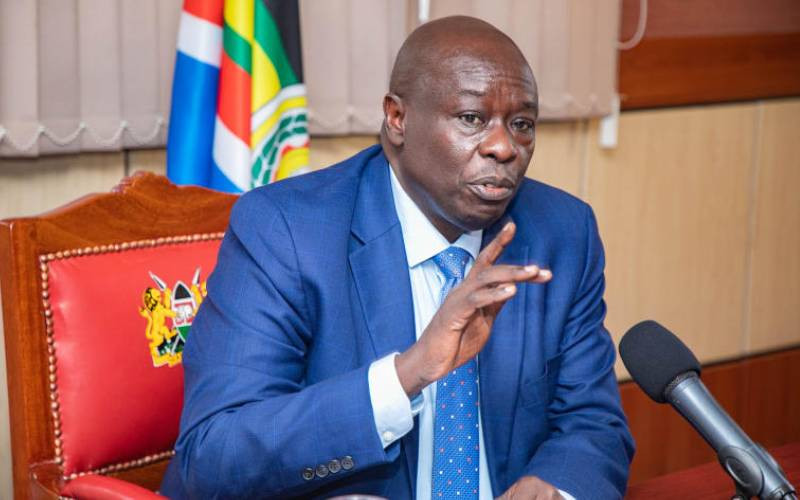
Rigathi Gachagua is a 'tragic' man, one to be pitied. He struggles to be recognised as leader of the Mountain; even imagines himself to be king.
Back in December 2022, barely four months after taking office as Deputy President, columnist Macharia Gaitho noticed growing splits between President William Ruto and his deputy over Gachagua's desire to control Mount Kenya and to "consolidate an independent political base". In doing so, Mr Gachagua declared, "We will unite the region, Mount Kenya, so that we speak with one voice."







